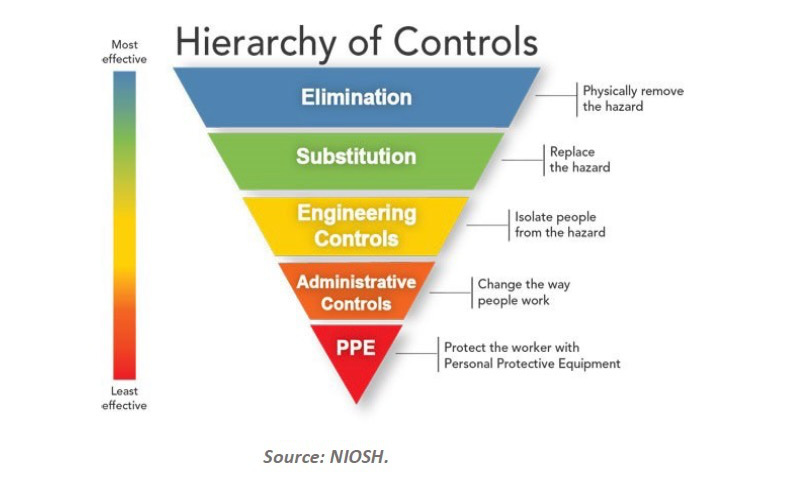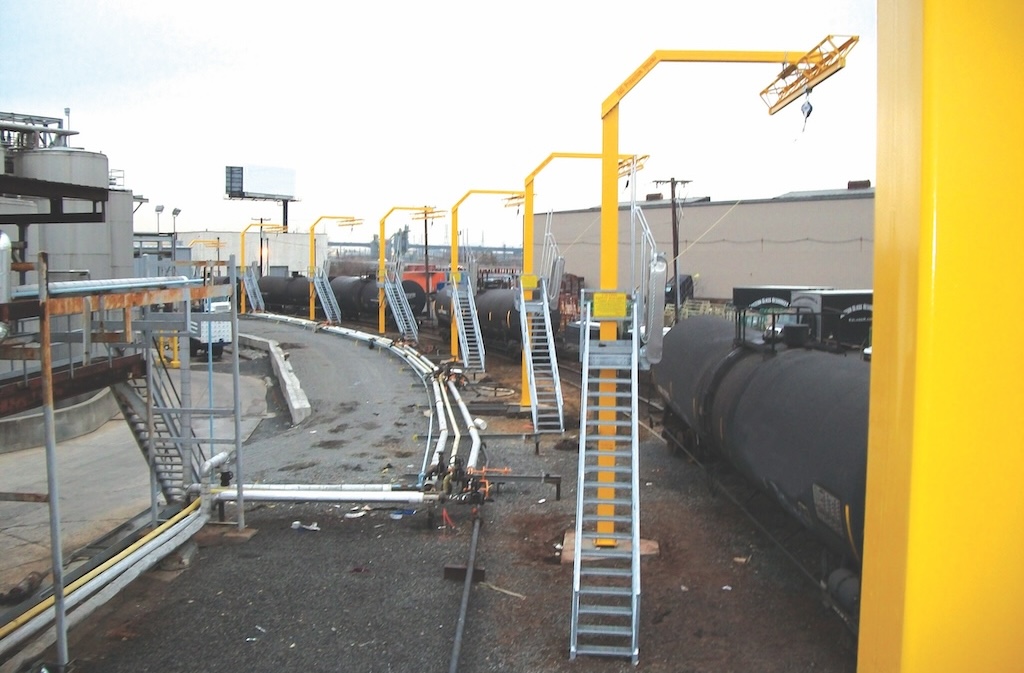Lean manufacturing, Six Sigma, and many other process improvement programs do more than reduce costs and eliminate waste. They create opportunities for growth by increasing capacity. This outcome may be welcome, yet often manufacturers struggle to increase sales enough to fill that capacity and grow their top-line.
Lean manufacturing, Six Sigma, and many other process improvement programs do more than reduce costs and eliminate waste. They create opportunities for growth by increasing capacity. This outcome may be welcome, yet often manufacturers struggle to increase sales enough to fill that capacity and grow their top-line. Thanks to a new program that focuses on practical growth solutions, businesses like Rosewood Industries are finding a method for capitalizing on this opportunity.
Rosewood makes custom wood cabinetry for kitchen and bath residential use. Stigler, OK-based Rosewood employs 80 people and averages annual sales of $6 million. The company had enjoyed steady growth of 15-20% over the past several years, and reaped the benefits of the 2005 housing market boom with single-year growth of 73%.
When the industry settled down, Rosewood’s CEO James Love decided to take advantage of services suggested by his local industrial specialist Chuck Prucha, who works for the Oklahoma Manufacturing Alliance. “Lean and Six Sigma could help us become more efficient and better able to handle the next pop in our industry without having to add temporary staff,” Love said.
As Love and his team began to learn and implement process improvements, they also began to envision the capacity growth they’d achieve as well. “A job that would have taken 60 hours could instead now take 30 to 40,” said Love. “That would free us up to take on new sales avenues for growth that previously we could have never pursued.”
To help Rosewood grow their sales and their business, Prucha told them about a new program that the Oklahoma Manufacturing Alliance was piloting called “Eureka! Winning Ways”.
“The Eureka program takes companies through a streamlined and quick-paced process over seven weeks,” said Prucha. “At the end of that time, companies have the data to decide whether or not — and how — to proceed with developing and delivering new ideas into the marketplace. It takes the guesswork, and much of the risk, out of new product development.”
Idea engineering
Created by nationally known growth consultant Doug Hall of Eureka! Ranch, the Eureka! Winning Ways program turns innovation into a data-driven engineering-styled process. Rosewood began the program with a one-day workshop in which company management, key line staff, and owners came together to examine and identify opportunities for new sales, new products, and new markets.
“This program gave us an approach to pin down what we do well and convert that into new opportunities,” said Love. The process of refining and rethinking ideas from all viewpoints in a structured setting has proven to be eight times more effective than traditional brainstorming.
Rosewood generated more than 50 detailed ideas. Love and his team selected four for the next phase of the process, success screening. Based on 50 success factors and data from 4,000 previously market-tested ideas, the screening reviews how well an idea demonstrates an overt benefit, a dramatic difference and the real reason customers should believe in the product or service.
One week later, the Rosewood team reviewed the results of the screening. Two ideas rose to the top as likely to succeed, and the company then moved into a 30-day discovery phase to quickly examine at zero risk the viability of the ideas for the company, so that it could make a decision about whether or not to move the product into development.
New ideas, new growth
One idea for an online tracking system proved to be, according to Love, “ridiculously simple.” The system would not only free up staff capacity for cross-training and other projects, but also provide a value-added tool for sales representatives and customers that would help Rosewood stand out among its competitors and capture additional market share with very little investment. Rosewood projects these benefits could add 10-20% to existing sales, and attract many new dealers when the system is available later this month.
With the implementation of its Eureka-inspired ideas as well as the addition of new markets that their enhanced capacity makes possible, the company projects a 60-70% growth in business in three years. That could bring Rosewood to $10 million in annual sales.
When that happens, Love and his team expect to reload their Eureka process again to generate another round of ideas. “We learned how to choose new avenues for growth that fit with our corporate philosophy, and became convinced that big growth comes in new markets, not with our existing customers. Serving them well is important, but we now realize that we will only get limited sales growth from them, so we need to look always to new markets.
“Now we have a process to generate and filter and pursue ideas, and a much more aggressive growth philosophy that has made us realize that we can be so much bigger than we are today.”
| Author Information |
| Roy Peters is the president of the Oklahoma Manufacturing Alliance, a not-for-profit organization that helps Oklahoma’s manufacturers become progressively more successful in their marketplace. The Alliance is an affiliate of the National Institute of Standards and Technology The Manufacturing Extension Partnership (MEP), located in Gaithersburg, Maryland. Information can be found at its Web site: [email protected] . |



